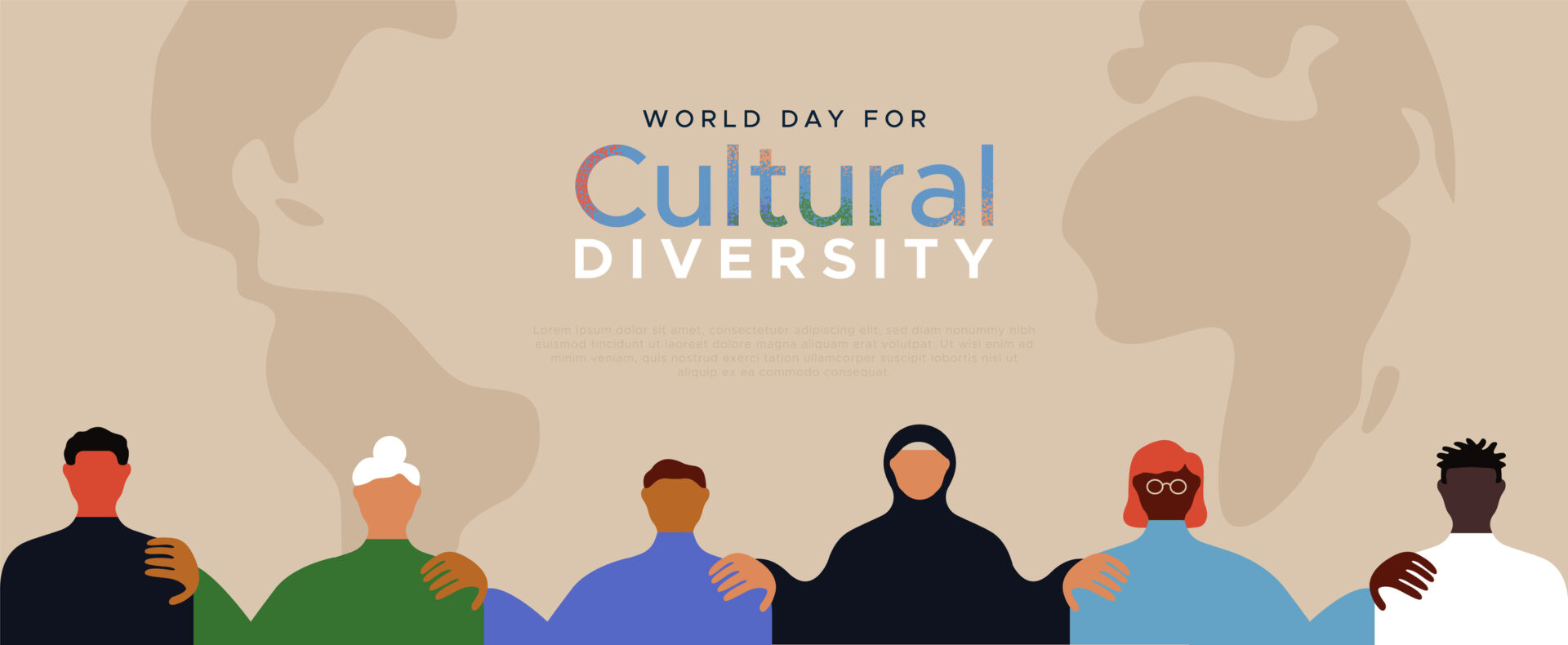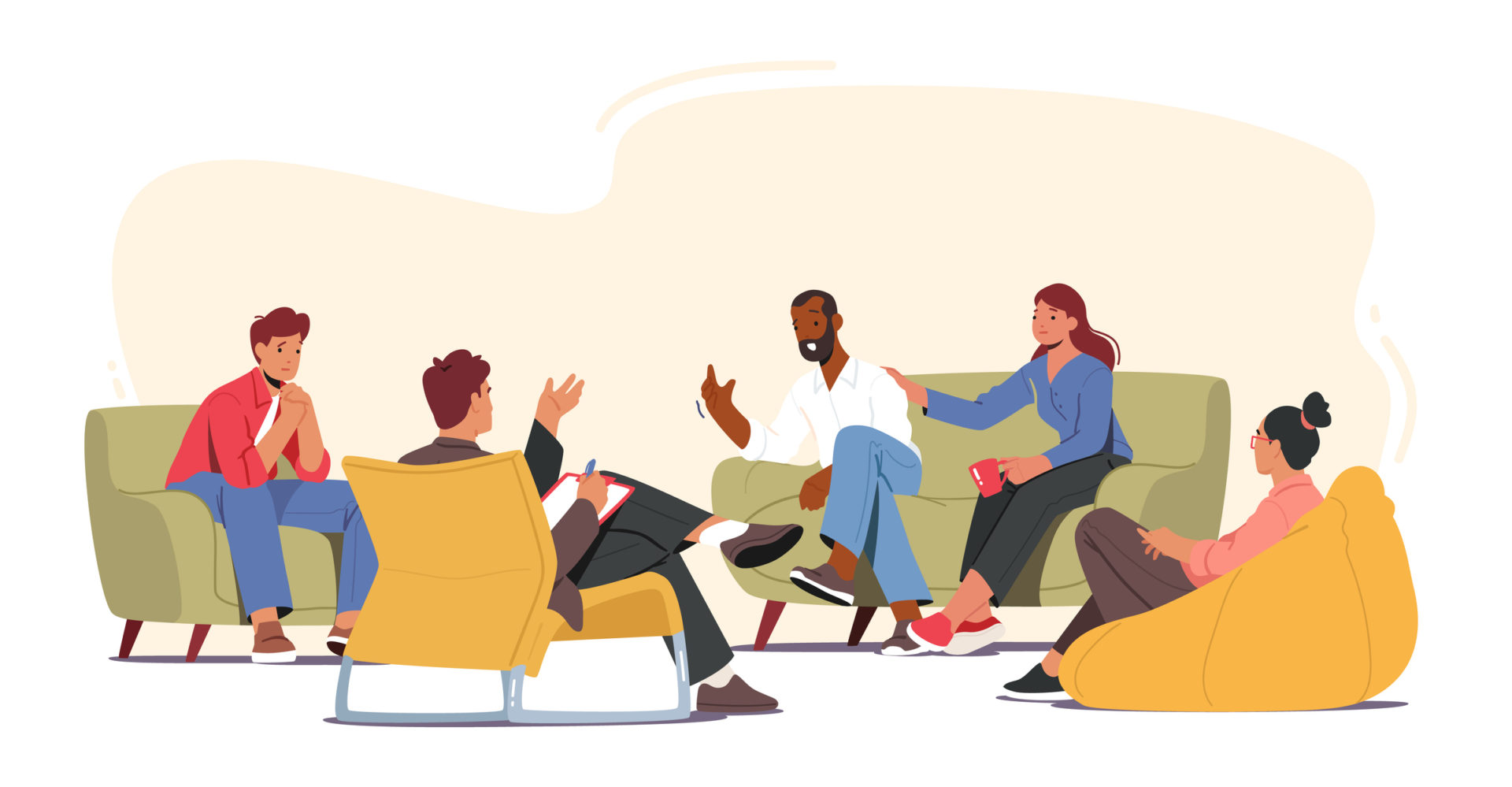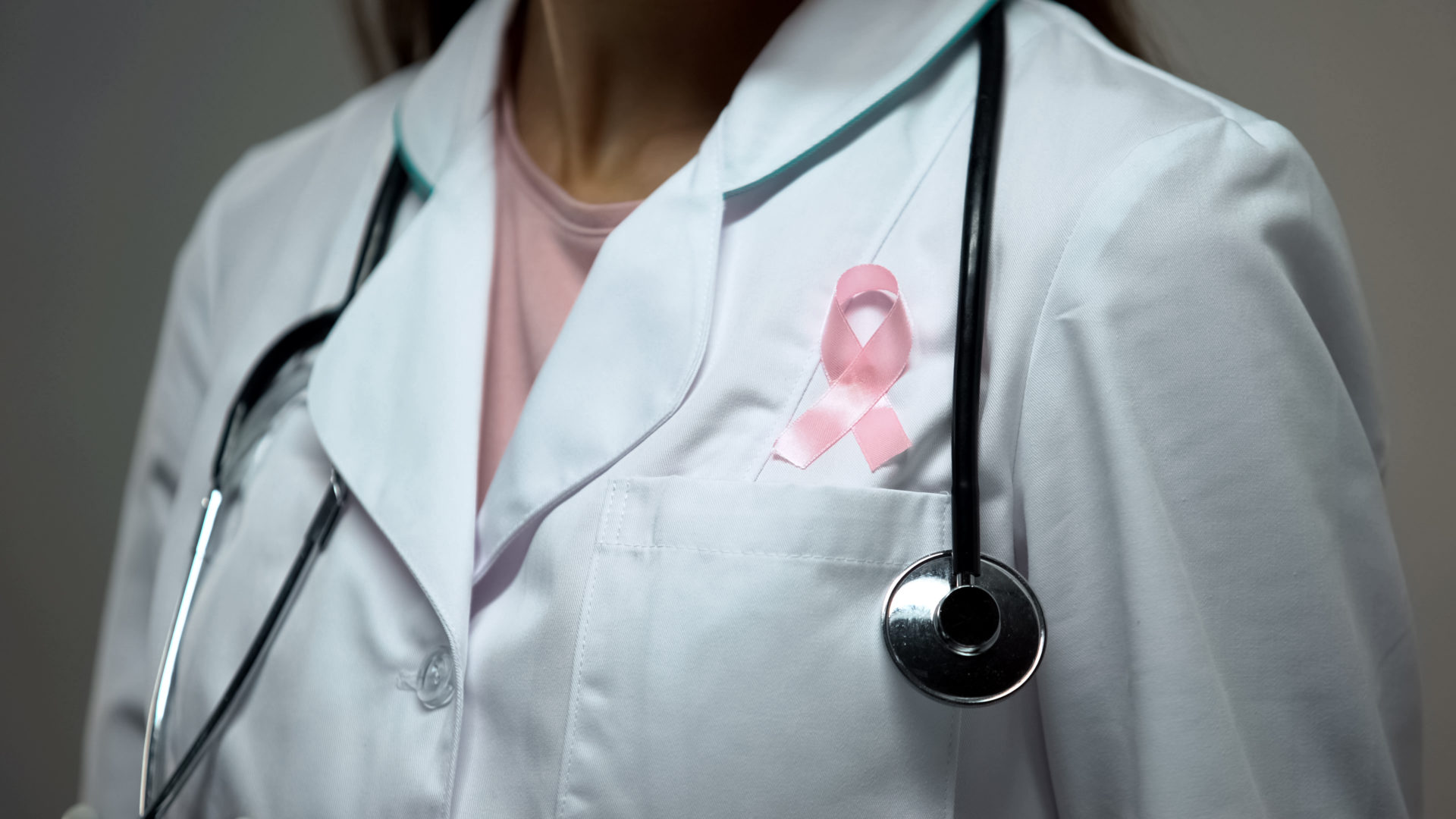Did you know that May is Mental Health Month? In an effort to spread awareness on this subject, individuals around the world are sharing their mental health struggles during COVID-19. In many instances, there is an emphasis placed on issues of loneliness and depression, both of which are caused by social isolation, health concerns, and changes to the economy.
While these feelings are valid, they are not the only ones being experienced at this time. Many individuals are feeling quite the opposite, content with remaining at home and concerned about like resuming as it did before COVID-19. As countries in Europe begin to come out of lockdown, many individuals are starting to experience post-lockdown anxiety. In the following post, we define what this type of stress entails and what to do should you begin to experience it yourself.
What is Post-Lockdown Anxiety?
Post-lockdown anxiety is a new term that refers to feelings of worry and unease associated with the re-opening of countries after lockdowns, shelter in place orders, and quarantines. This anxiety may be connected to worried about contracting the virus, concerns regarding begin social again, or the uncertainty of what our “new normal” will look like. Some symptoms of post-lockdown anxiety include persistent worrying about the future, fear of leaving the house, and continuously updating one’s self on COVID-19 news and developments.
Who is at Risk for Developing it?
Humans adapt to survive. In one way or another, we have all adjusted our lifestyles to meet the requirements of government and health officials. We have become accustomed to our current state, and as such, anyone is susceptible to experiencing post-lockdown anxiety. Some groups may be more likely to experience this, though. These include individuals who identify as introverts. This is a population that may thrive in solitude and while living a slower lifestyle.
Another group that may experience increased feelings of anxiety are those at a higher risk for contracting COVID-19, namely the elderly and those with compromised immune symptoms. Returning to the office, attending a hair appointment, or shopping for groceries, among other tasks, could put these individuals at risk for contracting the virus. With weakened immune systems, the concern that they may not be able to fight off the virus is very real.
How Can I Limit This Type of Anxiety?
Healthcare professionals suggest those experiencing anxiety surrounding the re-opening of their country, state, or city, take things slow. This means creating a transitional period where you slowly introduce items to your schedule. This will help you get acclimated to life as usual without completely shocking your system.
Sometimes voicing your concerns to someone else can help too. This individual can be a friend, family member, or co-worker. For targeted advice and tips on how to handle your anxiety, it may be beneficial to speak with a counselor or therapist. These mental health professionals may suggest breathing excesses and meditation to help keep you grounded.
It is important to remember that all people around the world are feeling the effects of COVID. Enough people are feeling the way you are right now that mental health professionals have created a term for it. Just take things one day at a time. Keep in mind that this is a period of transition which you will soon acclimate to.
Experiencing post-lockdown anxiety but still in need of a clinical experience? Our online telehealth experiences could be a great fit!







Leave A Comment